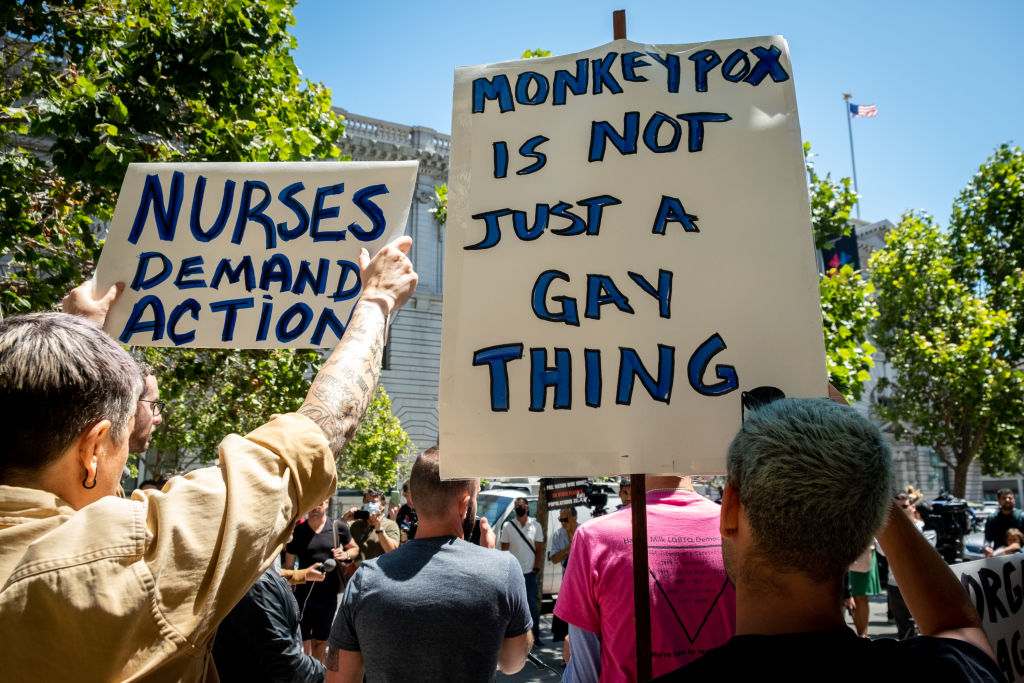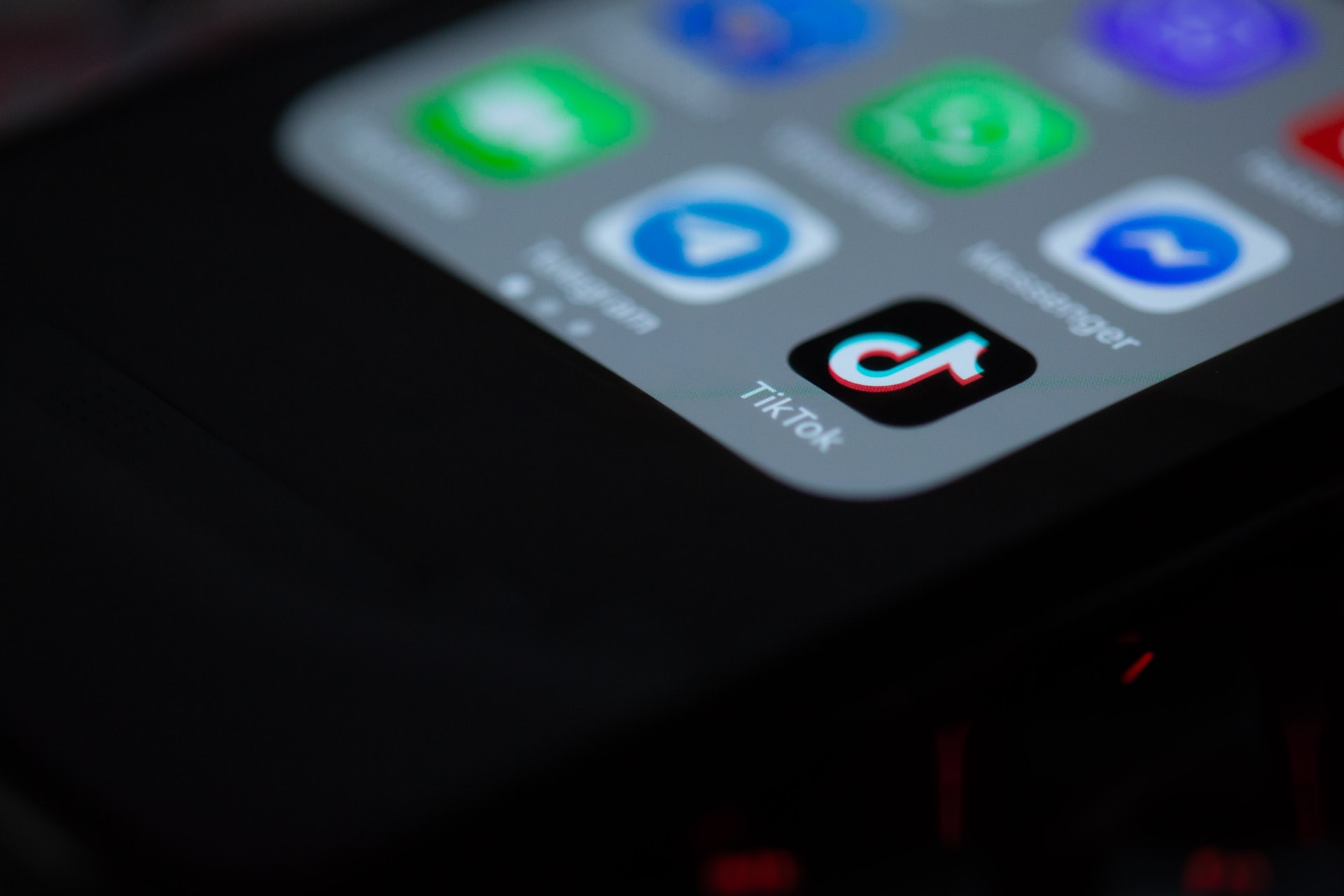Monkeypox: the gay disease?
Short answer: no. Slightly longer answer: no, the monkeypox is not a ‘gay disease’, because although it predominantly affects men who have sex with men (the MSM community), everyone is at risk of getting the virus. In an earlier article, Tilt found that the LGBTQI+ community has historically been a target for disinformation and online manipulation. This article follows the research of the previous article as part of a series on disinformation surrounding the LGBTQI+ community.

The monkeypox was declared a global health emergency by the World Health Organization as it started to spread throughout the world. The designation of Monkeypox as a Public Health Emergency of International Concern (PHEIC) by the WHO, could help with the formation of a coordinated international response and further spur vaccine production but the declaration has also started a plethora of online discussions around the disease, which includes a considerable outbreak of mis- and disinformation on the topic. This could be very harmful as research has found that misinformation can exacerbate infectious disease outbreaks.
Common misconceptions
The two main questions that are discussed online and that are the cause for a lot of the debate are ‘where did the virus come from?’ and ‘how is it spreading?’. At present monkeypox is largely, but not exclusively, found in the MSM community, which leads to false conclusions about the disease. Rumours of the virus being a ‘gay disease’ or ‘STI that only harms gay men’ are flying around, which is dangerous for two reasons. First, people outside of the LGBTQI+ community are still at risk for the disease, but could feel that they are not and will therefore be less careful. Second, by labeling the disease as an STI, it can increase the already significant stigma that the LGBTQI+ community is facing.
With the spread of monkeypox, it has become increasingly apparent that members of the LGBTQI+ community are at risk for disinformation. Especially as more and more comparisons to the AIDS crisis are made. During this time, the LGBTQI+ community greatly suffered due to the stigma that surrounded the virus and the lack of correct information that was available (also a consequence of the aforementioned stigma). Some similarities are how there is a slow government response to the health crisis, a lack of clear, factual communication, and a rise in anti-LGBTQI+ sentiment and negative stigmas around the community.
Collateral damage?
Using the Insights solution, Tilt conducted research into the topic of Monkeypox on Dutch Twitter. 294 tweets on the topic were found by 217 different accounts. Within these tweets we found that the monkeypox are not used as a narrative to alienate the queer community, but is instead used to support the anti-COVID/anti-establishment narrative. Rather than alienating homosexual men, by e.g. stating they are ‘dirty’ or ‘disease-ridden’, the narrative is used to say that the monkeypox are ‘just a gay disease’. In doing so, they are not necessarily stigmatizing the MSM community, but are instead supporting the narrative that mass-vacination is not necessary because it only affects men who have sex with other men. Although still homophobic in nature, the tweets are not used to condemn the MSM community, but rather to villify vaccines.
The struggle around mis- and disinformation around monkeypox is one felt mostly by the LGBTQI+ community. Without an adequate information structure, it is hard to formulate a proper response to the disease and it increases the stigma for the community. This also makes it harder to promote health measures, such as vaccines. The disease has lead to homophobic narratives online, that vary from gay people being dirty to the disease being a ‘gay disease’. Our research has also found that the monkeypox are used to attack vaccines in general.
Tilt provides solutions that increase information resilience by using specialized tools to conduct research into contemporary news topics. We also develop solutions aimed at improving media literacy, such as our GoViral! game, which protects you against COVID-19 misinformation by teaching you more about the tactics behind the spread of it. Are you interested in a tailored solution against an information problem? Contact us at hello@tiltstudio.co!







